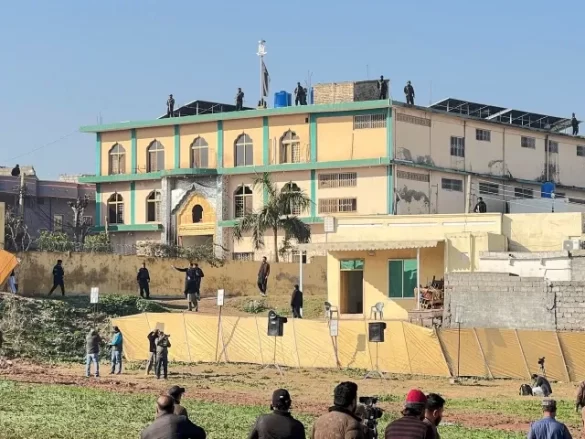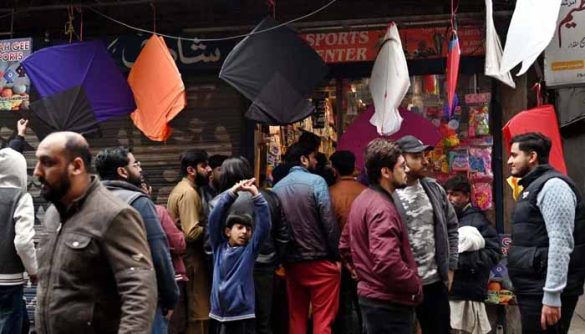Protective Bail Granted to PTI Leader Amid Legal Battle
In a significant development in Pakistan’s ongoing political-legal saga, the Peshawar High Court has granted protective bail to Zartaj Gul, a central leader of Pakistan Tehreek-e-Insaf (PTI), until August 11. The court’s decision allows her time to approach the Lahore High Court to file an appeal against a 10-year prison sentence issued in her absence by an anti-terrorism court (ATC) in Faisalabad.
The ruling, issued on August 6, prevents Gul’s arrest under terrorism charges during this interim period, offering her a legal breathing space to pursue due process.
Background: Conviction in Absentia Under Terrorism Charges
Zartaj Gul, a former state minister and prominent PTI figure, was convicted on July 31 by the Anti-Terrorism Court in Faisalabad. She was sentenced to 10 years in prison on charges brought under Pakistan’s anti-terrorism laws.
Importantly, the sentence was delivered in absentia, a fact her legal team strongly contests. Gul surrendered voluntarily before the Peshawar High Court and requested protective bail, arguing she had not been given a fair opportunity to defend herself in the trial. She stated her intention to appeal the decision in the Lahore High Court, and requested time and legal protection to do so.
Court Observes Right to Fair Trial
In its written verdict, the Peshawar High Court emphasized that the Constitution of Pakistan guarantees every citizen the right to a fair trial and legal defense. The court noted that since Zartaj Gul had willingly presented herself before the judiciary and expressed her desire to follow the legal course, it was appropriate to allow her the opportunity to challenge the conviction in a higher court.
The bench directed that Gul must not be arrested until she surrenders before the Lahore High Court, and granted her protective bail until August 11. The bail conditions include surety bonds of one million rupees and guarantees from two individuals, as per standard legal procedure in such cases.
PTI Calls Case Politically Motivated
The conviction is part of a broader wave of legal action faced by PTI leadership following the May 9 protests and other political developments in recent months. Zartaj Gul is among several party figures facing anti-terrorism and sedition charges, which the PTI has repeatedly denounced as politically motivated retaliation by the current administration.
PTI spokespersons have maintained that the cases lack merit and are designed to suppress political opposition. In multiple public statements, the party has labeled the trials as “targeted persecution” of its key leaders.
What Is Protective Bail in Pakistan?
Protective bail is a legal provision in Pakistan’s criminal justice system that temporarily shields an accused individual from arrest. This bail is generally granted to allow a person enough time to approach the appropriate court and file an appeal or seek regular bail.
In this case, Zartaj Gul’s protective bail ensures she is not arrested before she can legally challenge her conviction—a crucial opportunity to present her defense, especially since the original sentence was issued without her being present in court.
What Happens Next?
Zartaj Gul now has five days—until August 11—to appear before the Lahore High Court and formally submit her appeal. Legal analysts note that while protective bail does not overturn her conviction, it enables her to begin the appeals process without immediate incarceration.
If the Lahore High Court accepts her appeal and grants interim or regular bail, it could further delay or potentially overturn the original ATC judgment. However, failure to appear or secure further relief could result in her arrest once the protective period ends.
Broader Legal and Political Implications
This case highlights the increasingly tense relationship between Pakistan’s judiciary and its political parties, particularly PTI. With elections expected in the near future, many observers see such legal actions as part of a broader clampdown on the opposition.
Whether Zartaj Gul succeeds in her legal fight will depend on how higher courts evaluate the fairness and legality of the ATC’s conviction. For now, the protective bail reflects a cautious judicial approach to balancing legal rights and state authority.















